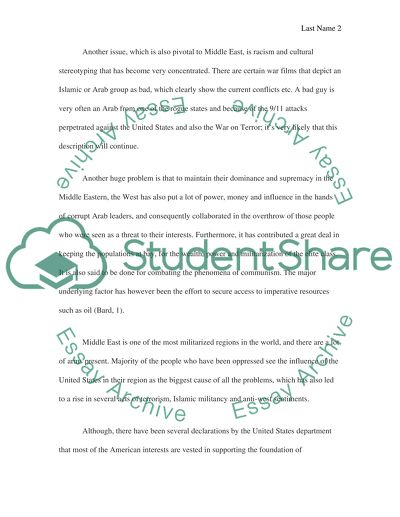Cite this document
(“Do any foreign policy models (the bureaucratic politics model, Essay”, n.d.)
Retrieved from https://studentshare.org/history/1394401-do-any-foreign-policy-models-eg-the-bureaucratic
Retrieved from https://studentshare.org/history/1394401-do-any-foreign-policy-models-eg-the-bureaucratic
(Do Any Foreign Policy Models (the Bureaucratic Politics Model, Essay)
https://studentshare.org/history/1394401-do-any-foreign-policy-models-eg-the-bureaucratic.
https://studentshare.org/history/1394401-do-any-foreign-policy-models-eg-the-bureaucratic.
“Do Any Foreign Policy Models (the Bureaucratic Politics Model, Essay”, n.d. https://studentshare.org/history/1394401-do-any-foreign-policy-models-eg-the-bureaucratic.


